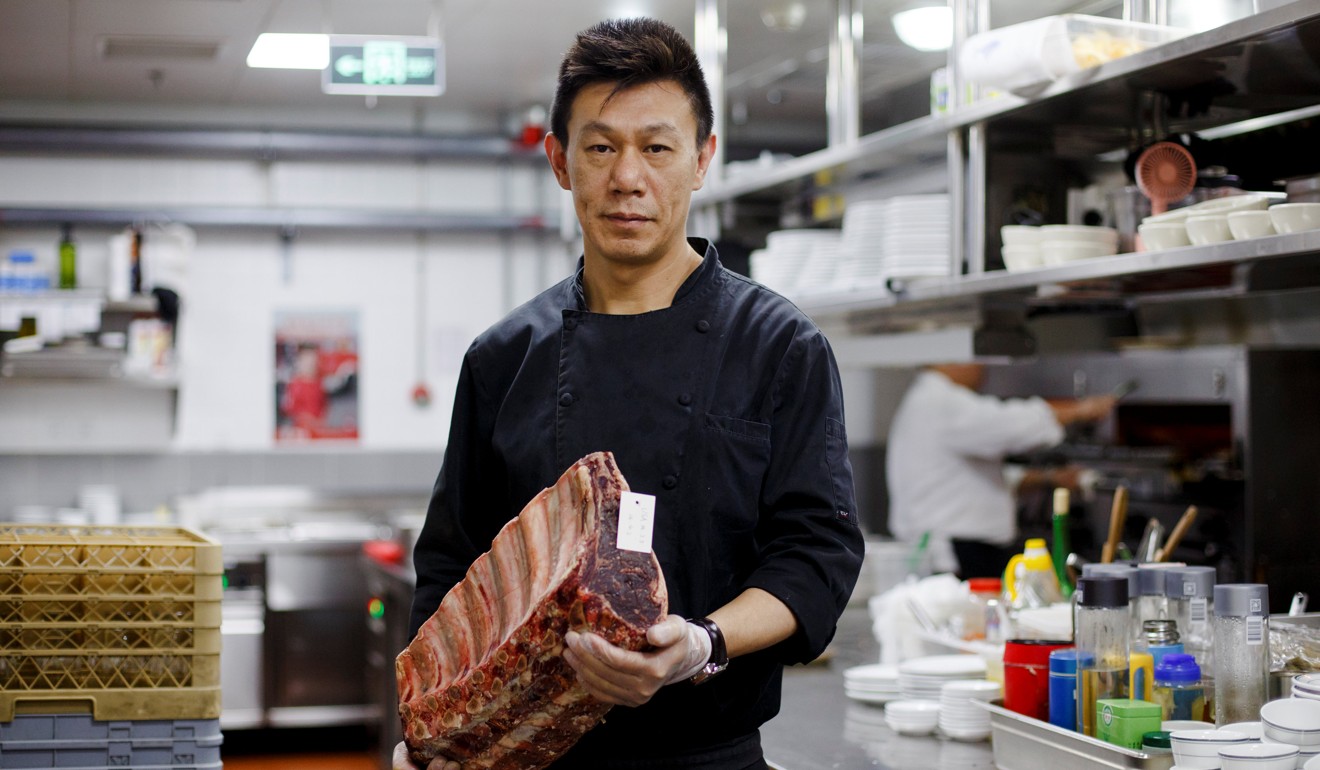
Analysis | US policies on trade, fiscal spending are self-defeating, say economists
Experts agree the tit-for-tat trade salvoes between China and the US are unlikely to escalate into a full-blown trade conflict
The smouldering trade dispute between China and the US has exposed serious flaws in the Trump administration’s economic policies, according to senior commentators surveyed by SCMP, who add that the planned fiscal measures are not only unlikely to have any material impact on US GDP growth, but will even widen the country’s trading imbalance with Beijing.
The US has threatened to target annual Chinese imports worth US$150 billion, with China retaliating with a US$50 billion tally of US imports of its own.
But the experts polled were also agreed, that the tit-for-tat salvoes are unlikely to escalate into a full-blown trade conflict, simply because the costs would ultimately thump US consumers far harder than they would their Chinese counterparts.
A country is said to have a trade deficit if its imports exceed its exports. Negative net sales abroad also generally contribute to a current account deficit.
The US unemployment rate stood at a relatively low 4.1 per cent in March, which sits well with voters.
One of the perverse consequences of that confidence, however, could also be that both those deficits will continue to rise, as fiscal stimulus measures and tax policy reforms introduced last year by Trump steadily leak into the US economy, increasing consumer demand – especially, for imported goods.
Richard Yetsenga, ANZ’s chief economist, expects the US trade deficit to mushroom to US$800 billion within the next 12 months, after growing 12 per cent last year to US$566 billion – its widest gap in a decade.
However, he is sceptical that the stimuli – dominated by infrastructure spending and tax reforms – will result in any material lift to US economic growth.
“For those fiscal measures to boost US GDP growth, there needs to be [adequate] resources available to fulfil them,” he said.

“But with US unemployment at an 18-year low, those measures will boost US consumer demand, and that in turn could only be sated by increasing imports.”
David Page, AXA Investment Managers’ senior economist for the US and UK, is another who views Washington’s trade-tariffs policy as inconsistent with its hopes for boosting domestic output.
He makes the point that tariffs aimed at narrowing deficits can actually pose headwinds to economic activity, contradicting the goal of economic growth via fiscal stimuli and tax reforms.
He is also convinced the White House’s disjointed policy approaches are a direct result of appeasing different factions within an increasingly fractured administration.
With US unemployment at an 18-year low, those measures will boost US consumer demand, and that in turn could only be sated by increasing imports
Tax reform was a headline policy of the Republican Party’s manifesto to get Trump elected as president, while trade tariffs were more an extension of the policies preached by former White House chief strategist and investment banker Steve Bannon, who lasted just seven months under the new resident of the Oval Office.
“The threat of tariffs has resulted in some successes and a degree of short-term benefit to the US in the form of concessions made by the Chinese government,” adds Page.
“Hence, Trump might [continue to] use these threats and similar strategies over the next two years, particularly as he approaches the presidential re-election campaign, in 2020.”
The most obvious examples are Beijing announcing plans to abolish foreign ownership caps on electric and commercial vehicle makers, and on aircraft manufacturing – both of which have strong US influence in the country.

Paul Donovan, chief economist at UBS Global Wealth Management based in London, estimates that as much as a third of the cash saved by consumers as a result of Trump’s domestic tax cuts is likely to be spent by them on imports.
“That proportion obviously does not stimulate the US economy, but other economies – it is not so much ‘Make America Great Again’ as ‘Make China Great Again’,” he told the Post.
Donovan says the tariffs imposed by the US have not been especially visible to the US consumer, so far, as they are either on low-frequency purchases such as washing machines, or on intermediate products such as steel and aluminium, rather than goods filling shopping trolleys directly. He uses the impact of the aluminium tax as a good example.
“All things being equal, if that was passed onto consumers, a six-pack of Budweiser beer would increase in cost from around US$9.50 to US$9.53.”
That illustration, he argues, shows any escalation in the trade conflict will only likely involve the Trump administration taxing items unlikely to draw attention from the average US consumer.
And with re-election already looming, any serious price rises in more everyday goods would merely antagonise an electorate – still far-from convinced of ‘The Donald’ as their commander-in-chief – into opposing any further tariffs.
Adding 3 cents to a pack of their favourite beer may well stay below the radars of the US voter – but any further added costs on the average American wallet would certainly result in lost votes.
As Donovan adds, that means the US government is pretty unlikely to pursue any escalation of the current dispute, into an all-out trade war between the world’s two largest economies.

